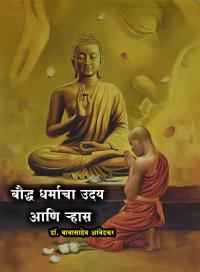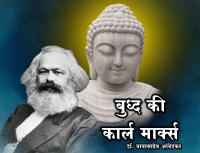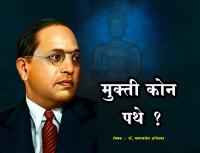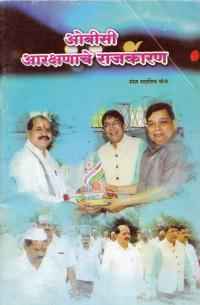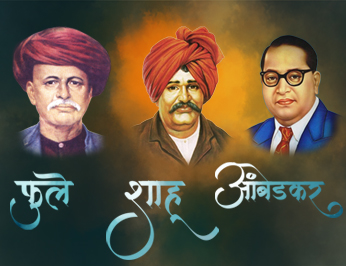 फुले - शाहू - आंबेडकर
फुले - शाहू - आंबेडकर Phule Shahu Ambedkar
Top Books
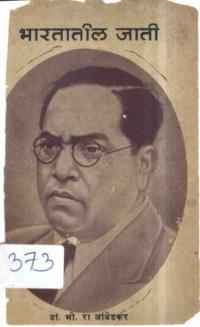
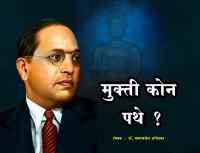
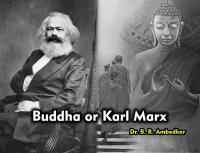

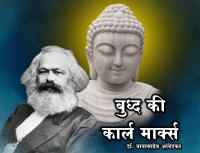
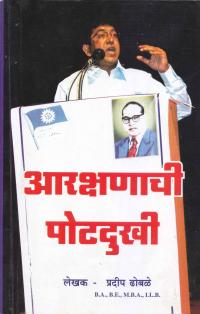

Top News
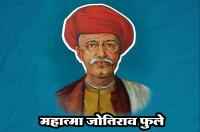

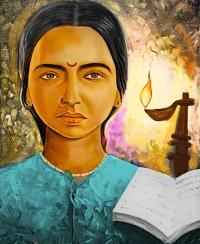
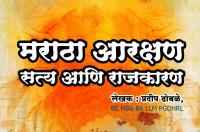
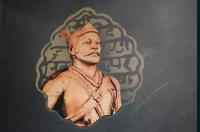



Labels
Satyashodhak, obc, Mahatma phule, Rajarshi Chhatrapati shahu maharaj, dr Babasaheb Ambedkar, Periyar, Bahujan, Shahid Bhagat Singh, Krantisinh Nana Patil, Mahatma Gandhi , Karl Marx, Gautama Buddha, Indian National Congress, Buddhism, Mandal commission, Vishwanath Pratap Singh, Bharatiya Janata Party, rashtriya swayamsevak sangh, Republican Party of India, Savitri Mata Phule,Buddha or Karl Marx
writer - dr. b. r. ambedkar
III. WHAT SURVIVES OF THE MARXIAN CREED
Before making a comparison between the ideologies of the Buddha and Karl Marx it is necessary to note how much of this original corpus of the Marxian creed has survived; how much has been disproved by history and how much has been demolished by his opponents.
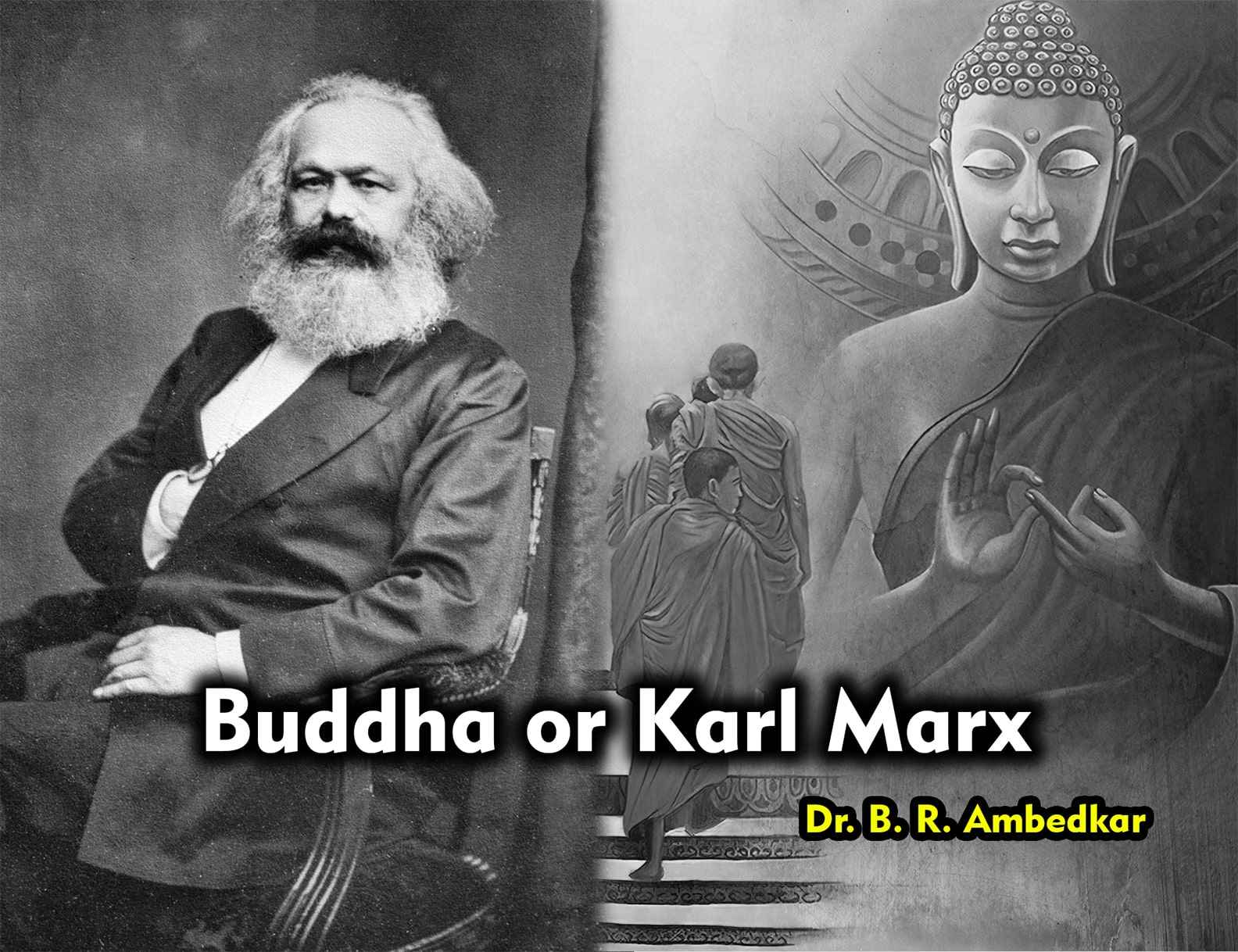 The Marxian Creed was propounded sometime in the middle of the nineteenth century. Since then it has been subjected to much criticism. As a result of this criticism much of the ideological structure raised by Karl Marx has broken to pieces. There is hardly any doubt that Marxist claim that his socialism was inevitable has been completely disproved. The dictatorship of the Proletariat was first established in 1917 in one country after a period of something like seventy years after the publication of his Das Capital the gospel of socialism. Even when the Communism—which is another name for the dictatorship of the Proletariat—came to Russia, it did not come as something inevitable without any kind of human effort. There was a revolution and much deliberate planning had to be done with a lot of violence and blood shed, before it could step into Russia. The rest of the world is still waiting for coming of the Proletarian Dictatorship. Apart from this general falsification of the Marxian thesis that Socialism is inevitable, many of the other propositions stated in the lists have also been demolished both by logic as well as by experience. Nobody now I accepts the economic interpretation of history as the only explanation of history. Nobody accepts that the proletariat has been progressively pauperised. And the same is true about his other premises.
The Marxian Creed was propounded sometime in the middle of the nineteenth century. Since then it has been subjected to much criticism. As a result of this criticism much of the ideological structure raised by Karl Marx has broken to pieces. There is hardly any doubt that Marxist claim that his socialism was inevitable has been completely disproved. The dictatorship of the Proletariat was first established in 1917 in one country after a period of something like seventy years after the publication of his Das Capital the gospel of socialism. Even when the Communism—which is another name for the dictatorship of the Proletariat—came to Russia, it did not come as something inevitable without any kind of human effort. There was a revolution and much deliberate planning had to be done with a lot of violence and blood shed, before it could step into Russia. The rest of the world is still waiting for coming of the Proletarian Dictatorship. Apart from this general falsification of the Marxian thesis that Socialism is inevitable, many of the other propositions stated in the lists have also been demolished both by logic as well as by experience. Nobody now I accepts the economic interpretation of history as the only explanation of history. Nobody accepts that the proletariat has been progressively pauperised. And the same is true about his other premises.
What remains of the Karl Marx is a residue of fire, small but still very important. The residue in my view consists of four items:
(i) The function of philosophy is to reconstruct the world and not to waste its time in explaining the origin of the world.
(ii) That there is a conflict of interest between class and class.
(iii) That private ownership of property brings power to one class and sorrow to another through exploitation.
(iv) That it is necessary for the good of society that the sorrow be removed by the abolition of private property.
IV. COMPARISON BETWEEN BUDDHA AND KARL MARX
Taking the points from the Marxian Creed which have survived one may now enter upon a comparison between the Buddha and Karl Marx.
On the first point there is complete agreement between the Buddha and Karl Marx. To show how close is the agreement I quote below a part of the dialogue between Buddha and the Brahmin Potthapada.
"Then, in the same terms, Potthapada asked (the Buddha) each of the following questions:
1. Is the world not eternal?
2. Is the world finite?
3. Is the world infinite?
4. Is the soul the same as the body?
5. Is the soul one thing, and the body another?
6. Does one who has gained the truth live again after death ?
7. Does he neither live again, nor not live again, after death ?
And to each question the exalted one made the same reply: It was this.
"That too, Potthapada, is a matter on which I have expressed no opinion “.
28. " But why has the Exalted One expressed no opinion on that ? " (Because) 'This question is not calculated to profit, it is not concerned with (the Dhamma) it does not redound even to the elements of right conduct, nor to detachment nor to purification from lust, nor to quietude, nor to tranquillisation of heart, nor to real knowledge, nor to the insight (of the higher stages of the Path), nor to Nirvana. Therefore it is that I express no opinion upon it. " On the second point I give below a quotation from a dialogue between Buddha and Pasenadi King of Kosala:
"Moreover, there is always strife going on between kings, between ' nobles, between Brahmins, between house holders, between mother and son, between son and father, between brother and sister, , between sister and brother, between companion and companion. . ." ' Although these are the words of Pasenadi, the Buddha did not deny that they formed a true picture of society.
As to the Buddha's own attitude towards class conflict his doctrine ''. of Ashtanga Marga recognises that class conflict exists and that it is ; the class conflict which is the cause of misery. On the third question I quote from the same dialogue of Buddha with Potthapada;
" Then what is it that the Exalted One has determined? " " I have expounded, Potthapada, that sorrow and misery exist! " I have expounded, what is the origin of misery. I have expounded what is the cessation of misery: I have expounded what is method by which one may reach the cessation of misery.
30. 'And why has the Exalted One put forth a statement as to that?'
' Because that questions Potthapada, is calculated to profit, is concerned with the Dhamma redounds to the beginnings of right conduct, to detachment, to purification from lusts, to quietude, to tranquillisation of heart, to real knowledge, to the insight of the higher stages of the Path and to Nirvana. Therefore is it, Potthapada that I have put forward a statement as to that. '
That language is different but the meaning is the same. If for misery one reads exploitation Buddha is not away from Marx.
On the question of private property the following extract from a dialogue between Buddha and Ananda is very illuminating. In reply to a question by Ananda the Buddha said:
"I have said that avarice is because of possession. Now in what way that is so, Ananda, is to be understood after this manner. Where there is no possession of any sort or kind whatever by any one or anything, then there being no possession whatever, would there, owing to this cessation of possession, be any appearance of avarice? " 'There would not. Lord”.
'Wherefore, Ananda, just that is the ground, the basis, the genesis, the cause of avarice, to wit, possession.
31. 'I have said that tenacity is the cause possession. Now in what way that is so, Ananda, is to be understood after this manner. Were there no tenacity of any sort or kind whatever shown by any one with respect to any thing, then there being whatever, would there owing to this cessation of tenacity, be any appearance of possession? ' 'There would not. Lord.’
'Wherefore, Ananda, just that is the ground, the basis, the genesis, the cause of possession, to wit tenacity. ' On the fourth point no evidence is necessary. The rules of the Bhikshu Sangh will serve as the best testimony on the subject.
According to the rules a Bhikku can have private property only in the following eight articles and no
more. These eight articles are: —
1 I
2. Three robes or pieces of cloth for daily wear.
3. I
4. A girdle for the loins.
5. An alms-bowl.
6. A razor.
7. A needle.
8. A water strainer.
Further a Bhikku was completely forbidden to receive gold or silver for fear that with gold or silver
he might buy some thing beside the eight things he is permitted to have.
These rules are far more rigorous than are to be found in communism in Russia.
You might like This Books -
